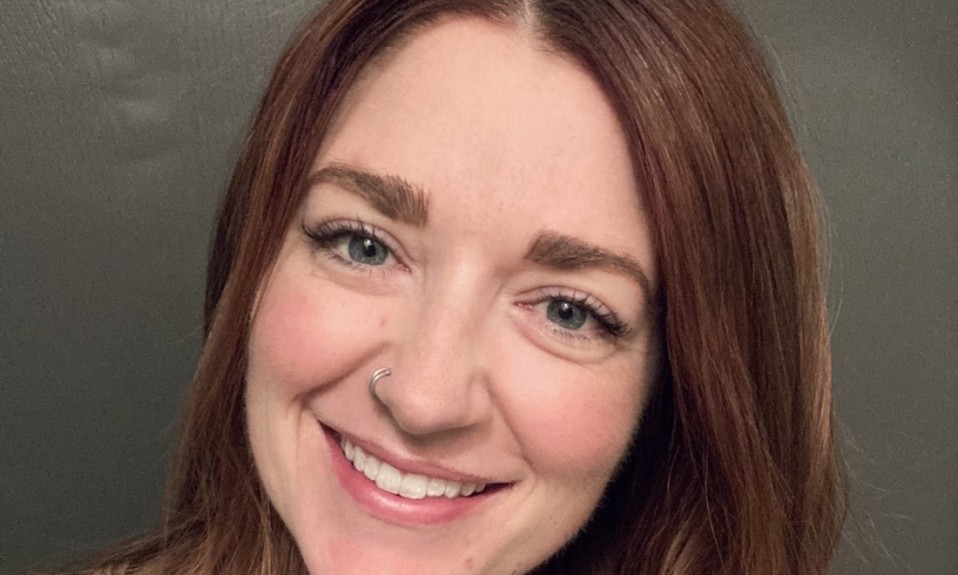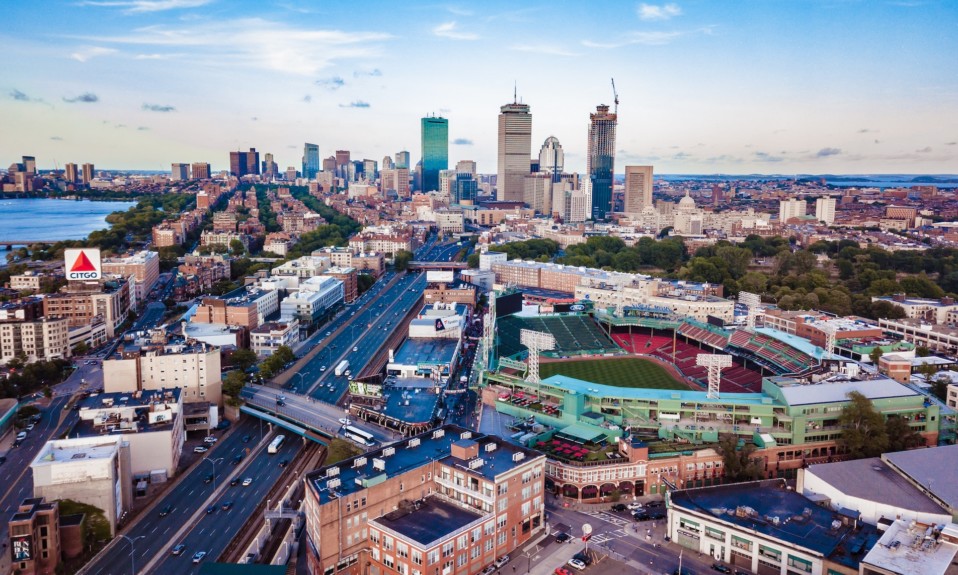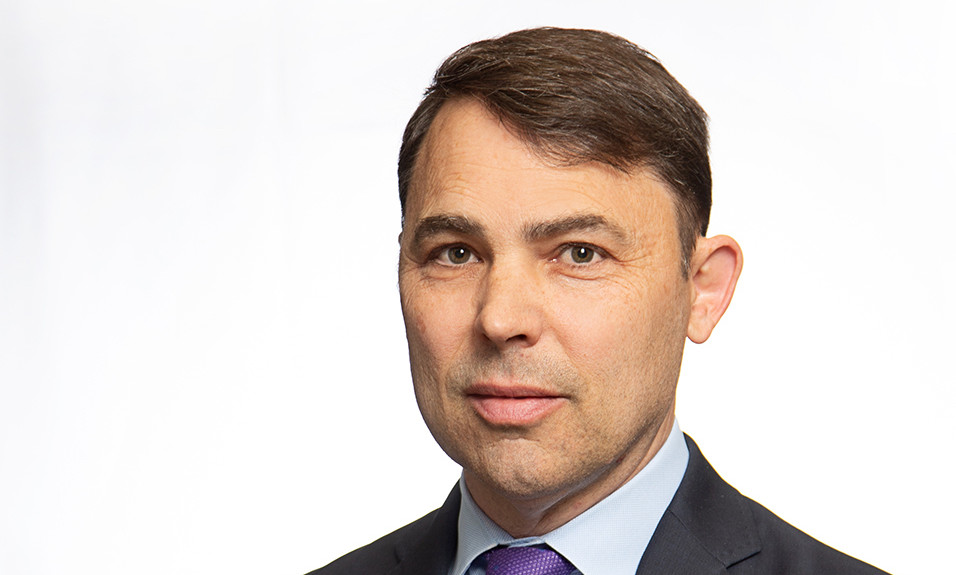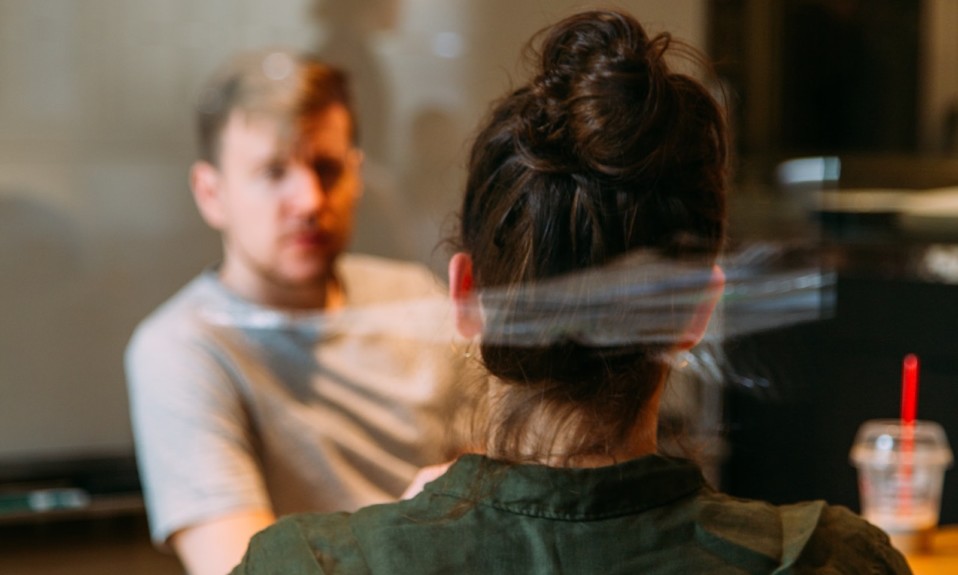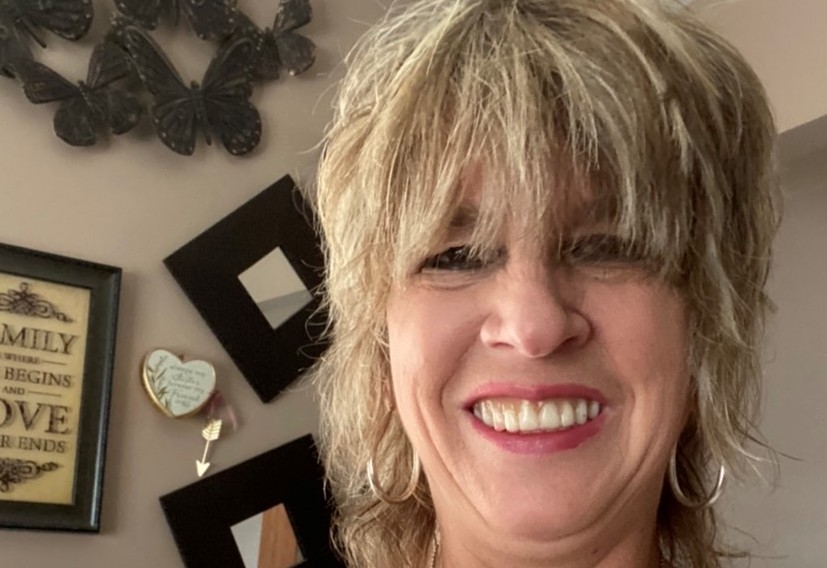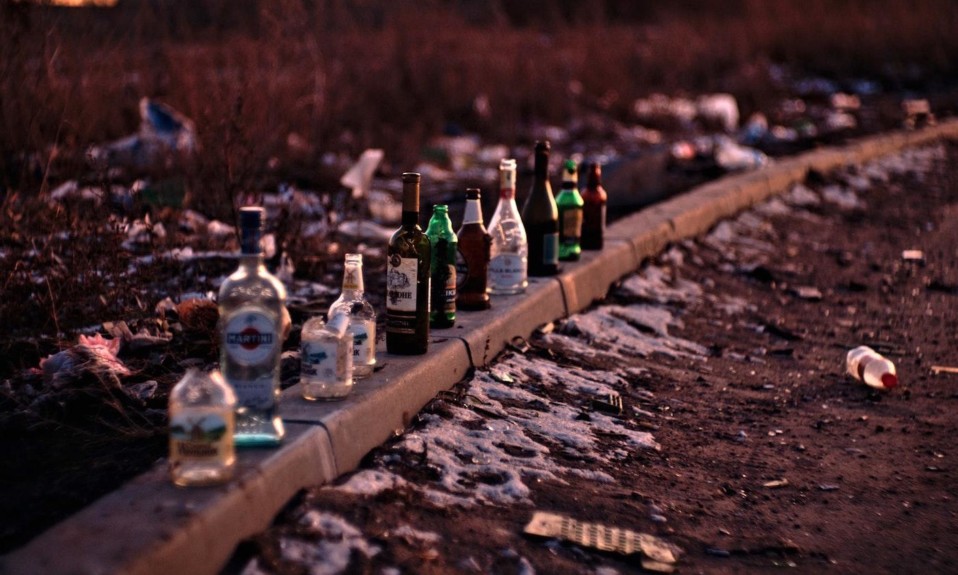As Veronica learned through her trials and tribulations, addiction never goes away—but it is something that can be managed
By Veronica L. Holyfield
Three hundred fifty days—that’s how long I made it into my latest stint of sobriety before picking up the drink again. In the land somewhere between awareness and dreaming, awake and nightmare, fantasy and reality, I found myself pondering what had happened. I swore I would never drink again, and at the time I made myself that promise, I believed it. So, what did I do wrong to end up here again? Another relapse. Another failure.
I’m lucky that this relapse only lasted three days, but it was exactly the reminder I needed in order to be 100% convinced that I am, in fact, an alcoholic. It started with a sneaky drink before dinner and then blacking out less than four hours later. I proceeded to drink myself into oblivion for two more days before I finally conceded that I needed help. Again.
In the days, weeks and months leading up to that relapse, I can honestly say that I was miserable in my sobriety. I was half-assed going through the motions of a program I didn’t totally subscribe to. I was meeting with a mentor and other sober friends on a regular basis, but I didn’t feel connected, and I didn’t really understand what made a life in recovery worth living. I didn’t seem to want sobriety as badly as so many others in recovery did. I started to withdraw from that community and was certain I could just sustain a life without alcohol by myself. And I did—for a while. All I needed was to get to that one-year milestone and things would get easier; I knew it. Or, I hoped.
I hoped every morning when I awoke that I would feel refreshed and eager to face the day, the downward spiral finally having ceased. Every day, however, the depression got worse and worse, and the dwindling grip I had on reality was waning.”
In addition to neglecting the work required to maintain my recovery from alcoholism, I also stopped taking care of myself in other areas. As a person with bipolar II, I had been struggling to find a combination of medications that worked well for me in sobriety; in a matter of nine months, I had tried 10 different medications. The ups and downs and the multitude of side effects became too much for me to manage, so after 336 days sober, I made the decision to stop all of the meds at once.
A Turn for the Worst
As I inched closer to that one-year anniversary, my mental health took a turn for the worst. My depression had plummeted to a new low—somewhere as bad as, if not worse than, when I was drinking the year prior. Suicidal ideation was permeating every thought, every motion, every second of my day, and I isolated myself from everyone and everything. I knew deep down it was the medication withdrawal, and I tried to remind myself all day, every day, that I truly wanted to live, but it was more and more difficult to convince myself that this was the truth. I hoped every morning when I awoke that I would feel refreshed and eager to face the day, the downward spiral finally having ceased. Every day, however, the depression got worse and worse, and the dwindling grip I had on reality was waning.
One week before I took that first shot of vodka, I had a family member take me to the Colorado Crisis Center so I could get help. The thoughts of suicide were too much to handle, and the desire to drink was like a magnet. I didn’t trust myself being alone. While it was suggested that I check myself into a 72-hour mental health inpatient ward, I knew I wouldn’t find the lasting relief I so badly needed, so I declined the admission. Looking back, I should have said yes.
It was exactly seven days between leaving the crisis center and buying that half-pint of vodka, and those were the darkest seven days I think I’ve lived through. My depression was so bad that I couldn’t go to work, I couldn’t get out of bed to shower, and I couldn’t even feed myself. I told everyone that I was fine and just needed a couple days to rest and recharge from burnout, but the truth was that my body hurt, my head hurt, my eyes hurt, and my heart hurt. There was nothing I could will myself into, and picking up the phone to call my friends, family, therapist, psychiatrist or another person in recovery felt impossible, like trying to lift a million-pound bag of rocks with a toothpick.
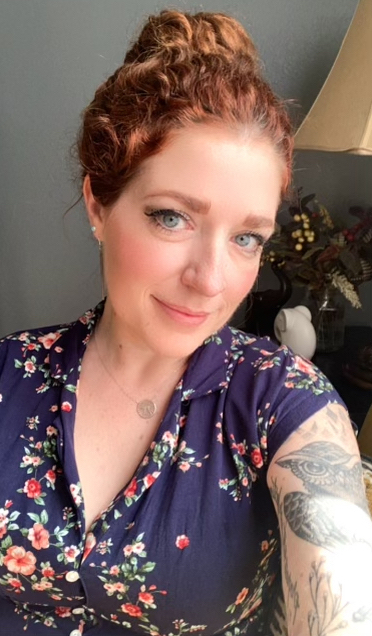
I decided I was done writhing around in my misery, and I knew the only thing that would get me out of bed was the thought of having a drink. Just one, for just one night, and no one would have to know. Once I made the decision, I was out of bed and in the shower as if I had never suffered the last two weeks getting myself out of the dark dungeon that was my bedroom. I blow-dried my hair, did my makeup and drove directly to the liquor store. I felt all my trouble dissipate within that first drink, and I immediately felt like the person I knew I was, deep down inside. Capable; confident; secure; safe. All thoughts of self-harm had vanished, and my troubles slipped away. I knew I had crossed the threshold of recovery into relapse, but I didn’t care. It felt too good.
While the plan was to only drink that night, I drank nonstop for the following two days. My addiction had quickly ramped up to the place where I had left it less than a year ago, and drinking from the moment I awoke until the moment I passed out at night was already becoming normal again. Evaluating my life in sobriety versus the trap of a life in active addiction was the easiest contrast, and only being two days in, I made the decision to turn back to my foundation, my rock: my parents.
I detoxed in a bedroom in their basement for the following two days, and as reality slowly hit me with every sobering hour, I was in awe. How had things gotten so bad so fast? All it took was one drink, and I was already sneaking, lying and hiding. The obsession of where and when I was to get my next drink baffled me, and the fact that I was willing to put my safety and livelihood in jeopardy was already obvious to me. This has to stop, I thought. I was thankful that I had caught it as early as I did. Not many of us are so lucky.
Embracing Hard Truths
While there is a large part of me that wishes I had held on and made it to that one-year milestone, my sobriety wouldn’t have been honest and it wouldn’t have lasted. For me, I needed this setback as an active reminder that my disease is always waiting for me, lying dormant and just counting down the days until I don’t have the strength to fight the desire to drink. If I allow myself to step away from a program, away from a community, and away from the reasons why I choose not to drink every single day, then I am going to repeat this cycle over and over again, and it may not only be for three days next time.
I could have easily taken my life during this depressive episode, and now that I’m back on a medication regimen that seems to be working much better than any other before, I realize how much of a loss that would have been.”
I also came to the realization that my mental health is nothing to mess with, and that I am not my own psychiatrist. While I may not understand what is and isn’t working with the medications I am on, it’s not responsible or beneficial for me to stop them, cold turkey, without consulting a professional. I could have easily taken my life during this depressive episode, and now that I’m back on a medication regimen that seems to be working much better than any other before, I realize how much of a loss that would have been.
I am thankful to now have the clarity of mind to think through these things, to pull myself even closer to those whom I can count on most, and remind myself that a life in recovery is truly what I want. Even though I now have 26 days of sobriety rather than more than a year, I am thankful for every single day in a way that I haven’t been for a long time.


